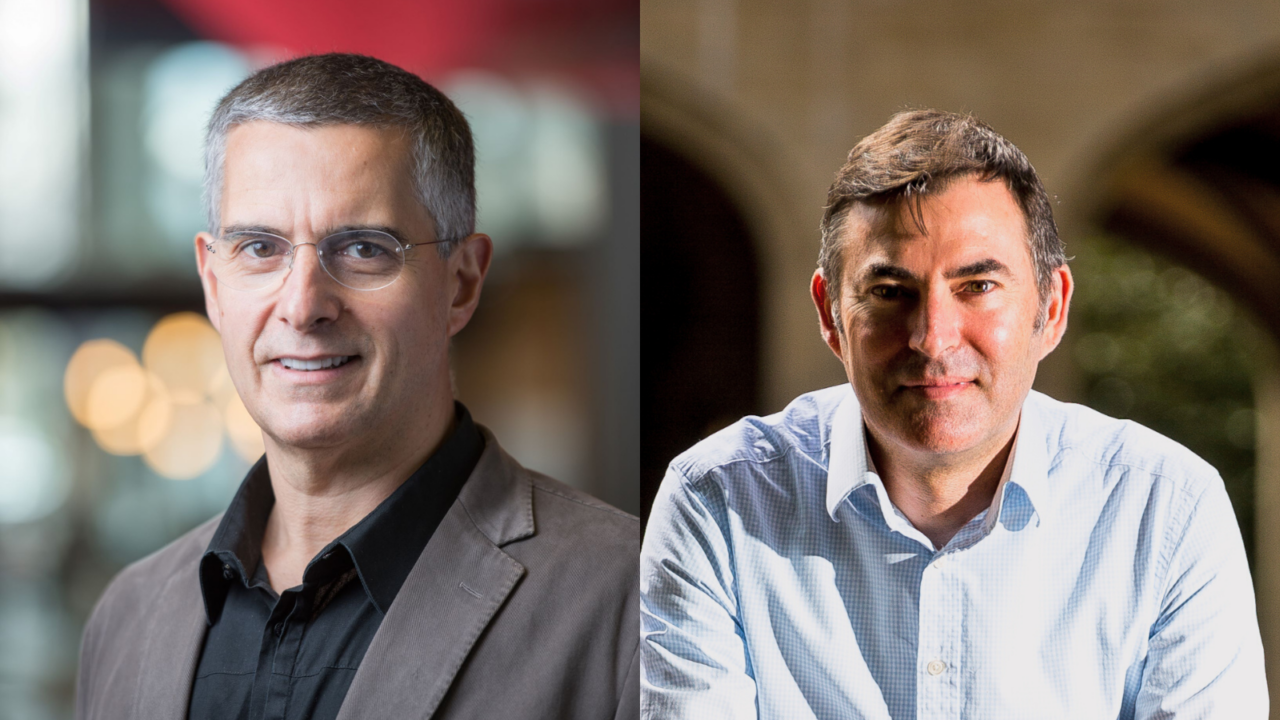Dementia is the most common late-life disease in Australia, currently effecting 500,000 people – a rate that is expected to double in the next 40 years. Rates of Parkinson’s disease are also expected to increase, with the combined economic impact of these two conditions estimated to rise to over $40 billion in the next two decades.
Working to mitigate this impact is Professor Ashley Bush, awarded $597,900 to investigate the neural pathways, and the physical and chemical components of cells involved in brain copper regulation.
Copper is essential for normal brain development, however in some neurological conditions like Alzheimer’s disease and Parkinson’s disease- conditions where proteins become damaged and accumulate in neurons, regulation of this copper is abnormal.

In previous research Professor Bush and his team found that copper has a strong impact on the breakdown of many proteins, which may contribute to the protein accumulation in these diseases.
“Our hope is to enrich scientific understanding of why copper is essential for normal brain formation. This knowledge could lead to new targets for potential treatments for these disorders,” said Professor Bush.
In a separate project Associate Professor Gawain McColl, awarded $422,490, will develop new tools to investigate the death of cells caused by a build-up of iron. The project also aims to uncover new cellular pathways involved in ageing – these pathways are chains of molecules inside a cell that relay signals to manage cellular function.
The accumulation of iron in various tissues and cells, including specific regions of the brain, leads to frailty in late life with the compound becoming reactive and triggering a cell death process called ferroptosis.
To better understand these processes and to identify how to intervene, Associate Professor McColl will use genetic approaches to identify new cell pathways that regulate ferroptosis.
“My team aims to use this project to help develop new tools to study iron accumulation and ferroptosis,” said Associate Professor McColl.
“We want this to lead us to the identification of potential strategies to alter late life frailty, giving hope to the millions of Australians affected by neurodegeneration.”
